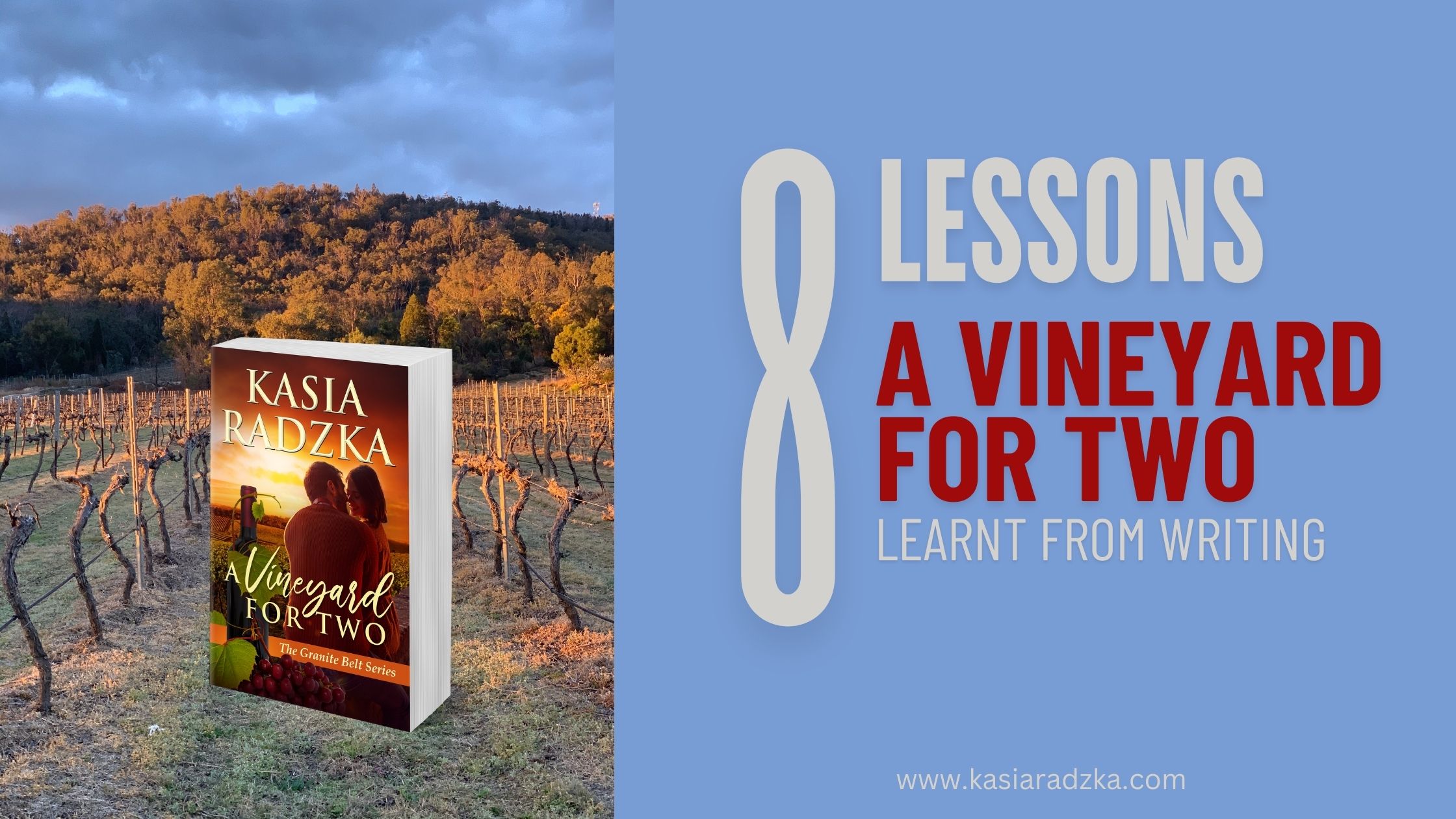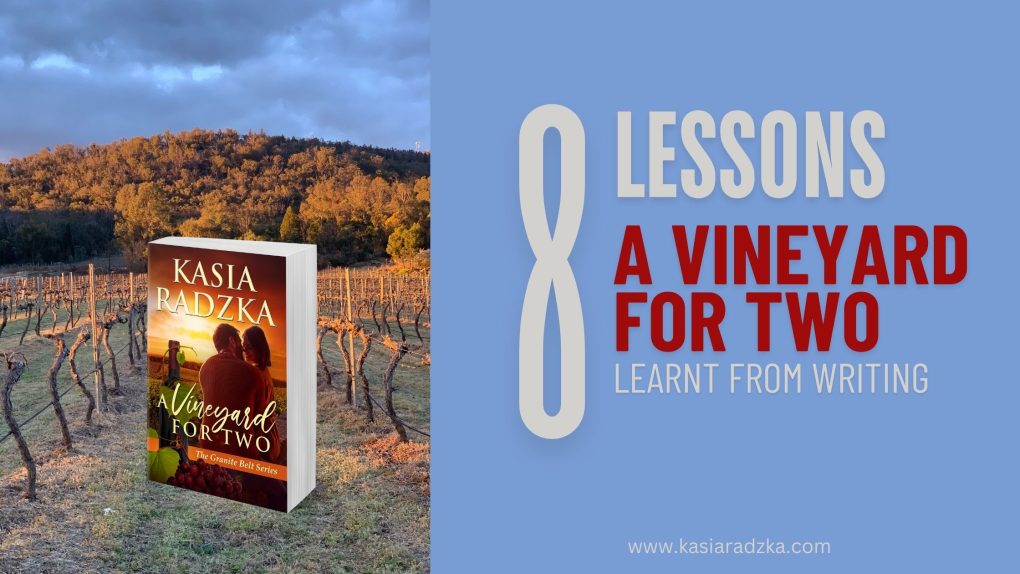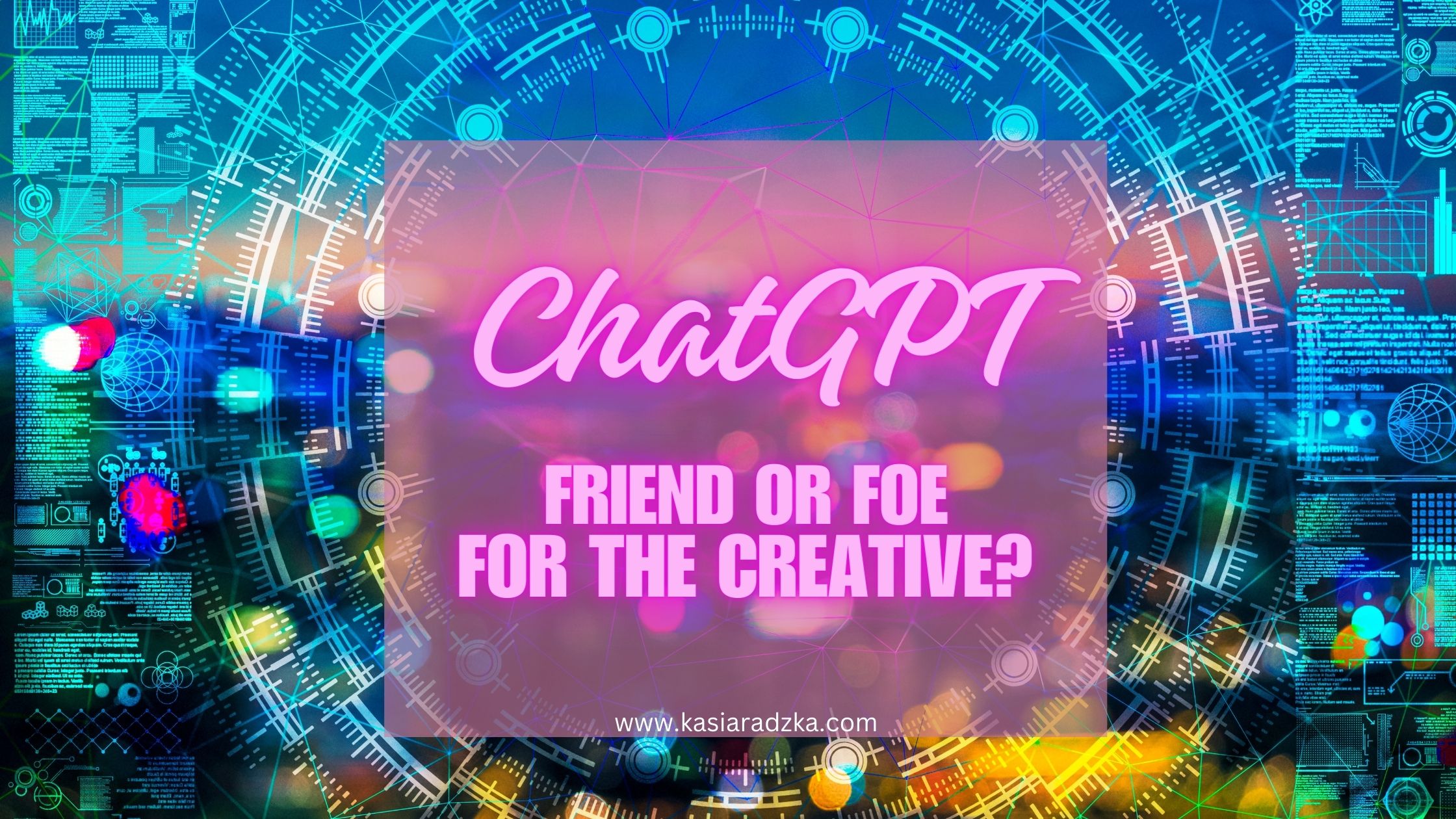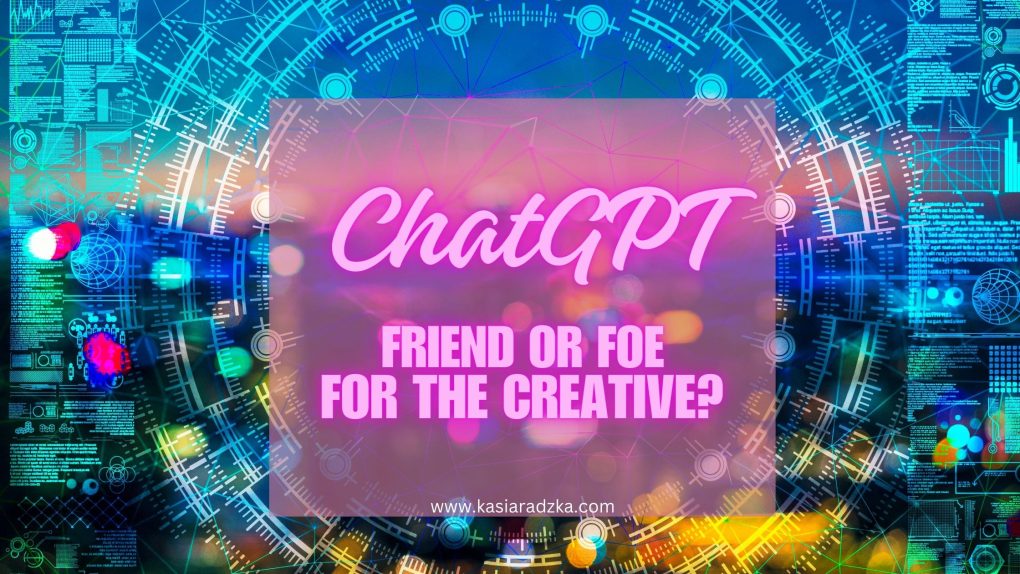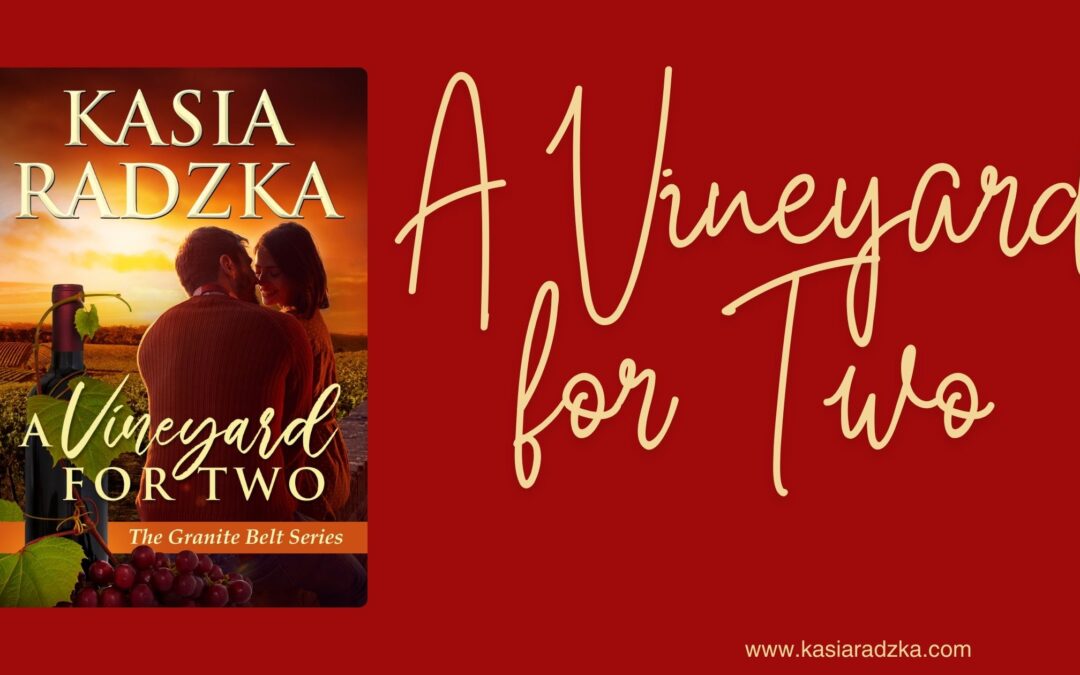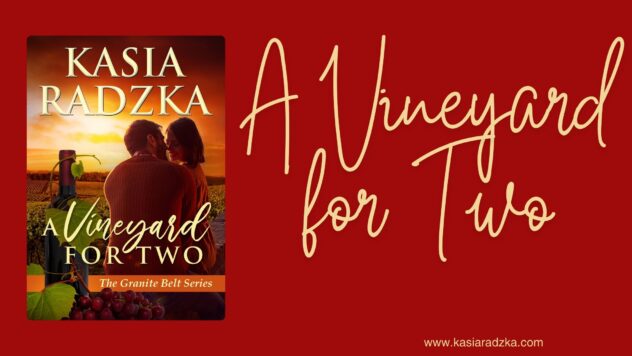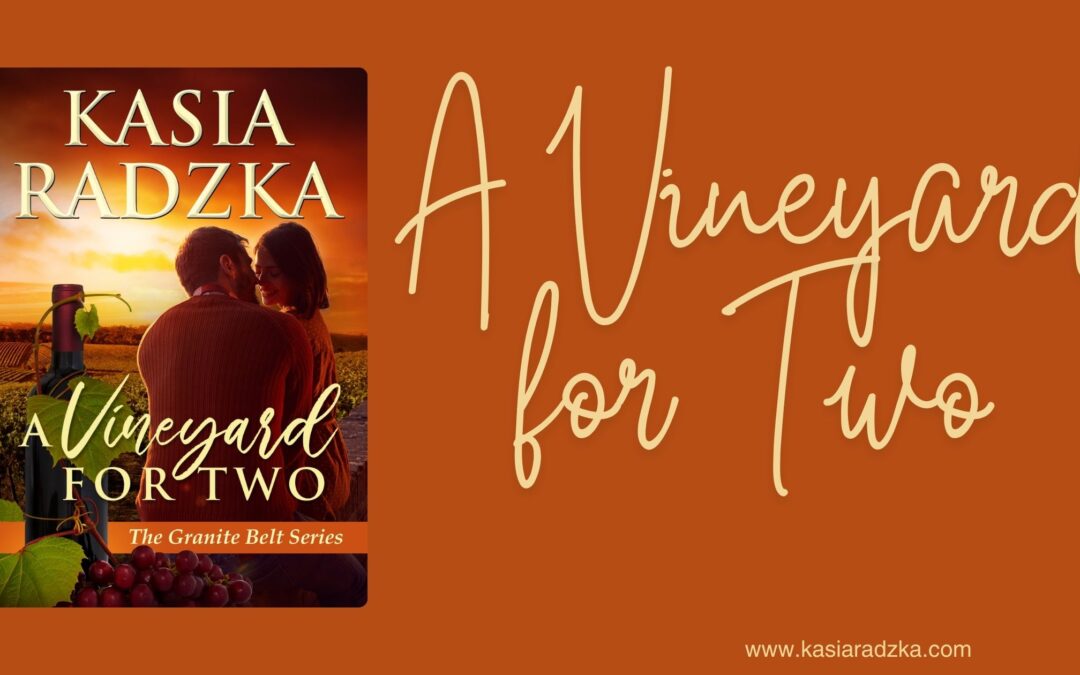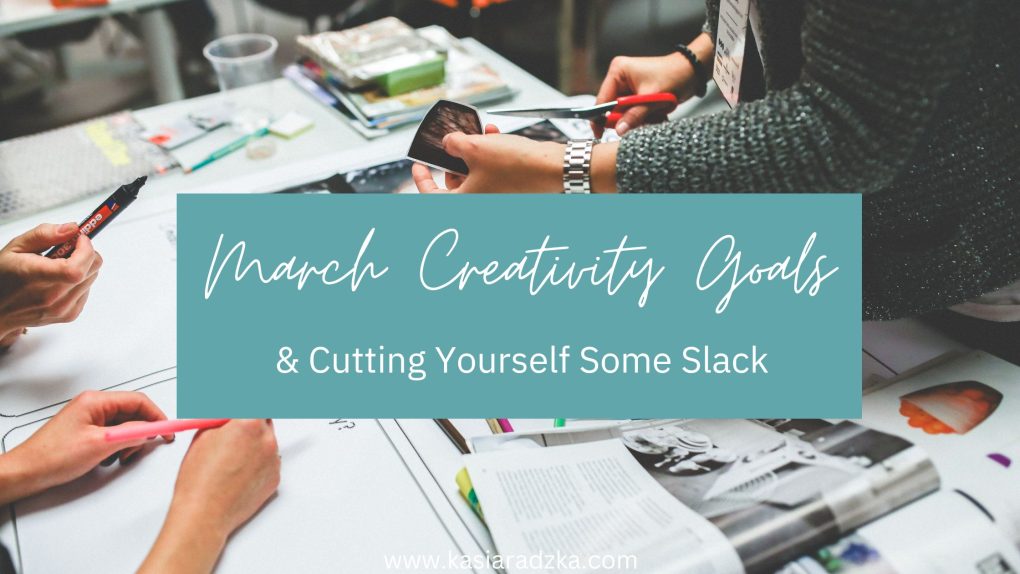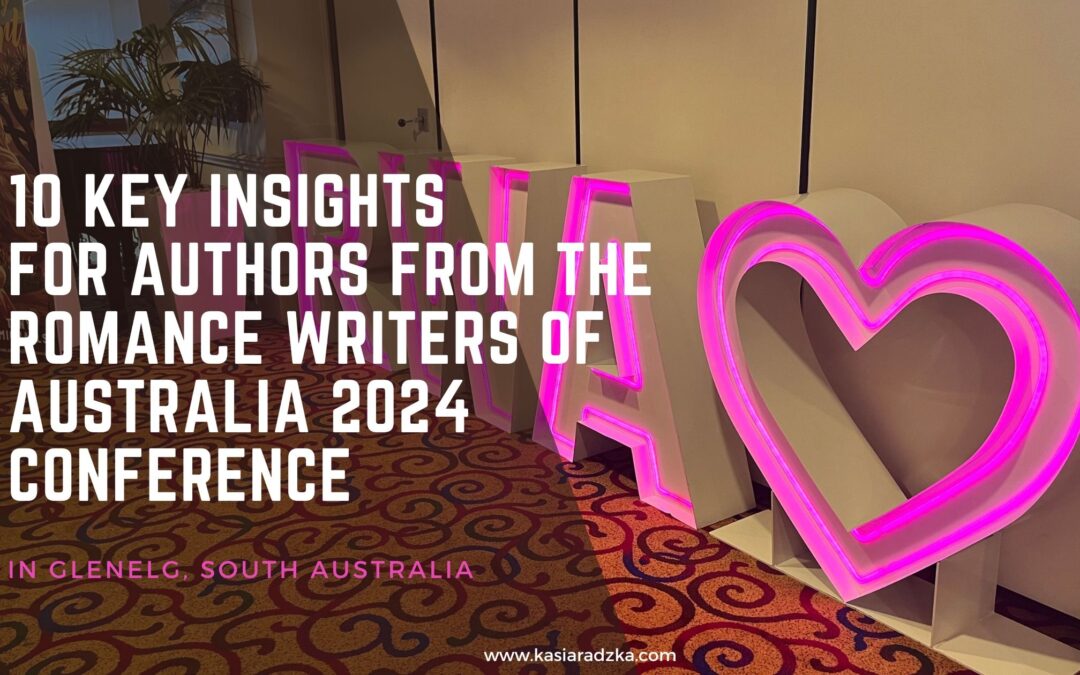
10 Key Insights for Authors from the Romance Writers of Australia 2024 Conference
I’ve had to narrow down the key insights from the Romance Writers of Australia Conference 2024, otherwise this post would have never ended. Firstly, I never imagined myself attending a conference of this sort. I wasn’t a romance writer. I didn’t do soppy or small town or happily ever afters. I wanted crime and grime, mystery and suspense. Then I fell in love with a region and penned a small-town romance. Just another example of, never say never!
Attending the RWA 2024 Trope Actually Conference was almost a spur of the moment decision. I only became a member a few months ago by chance, and then saw that the upcoming conference and thought, why not? That’s what I’ve been working with the past nine months or so, consequences be damned. How’s it working out for me? I’ll let you know in a few months…maybe.
I’m going off track. We’re talking about the RWAus 2024 conference held at the lovely Stamford Grand in Glenelg.
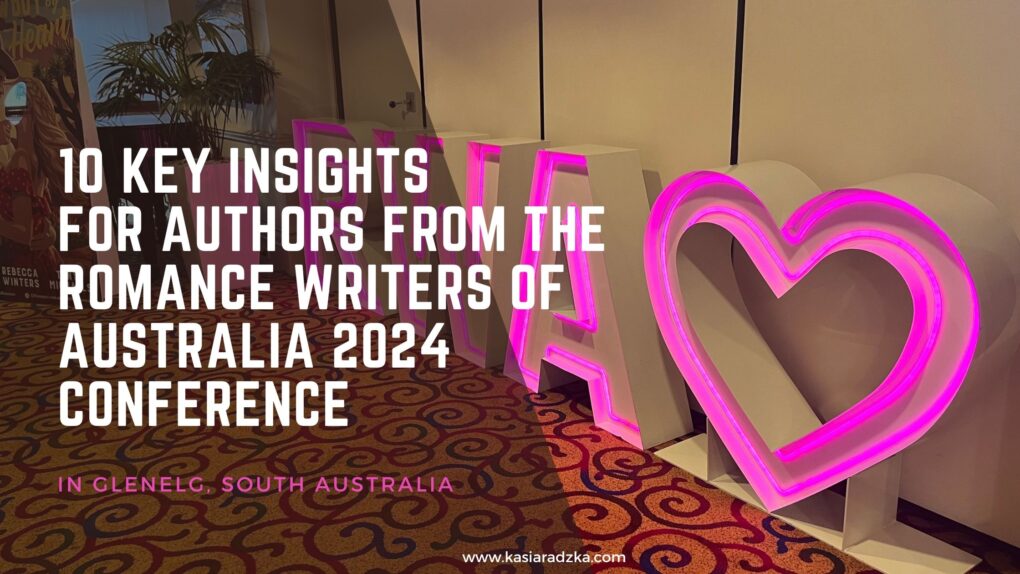
1. Write down what you want to achieve from a conference before you attend
It’s easy to attend a conference and have no idea what you want to get out of it. You end up wandering aimlessly like a lost chook. That was the last thing I wanted. The conference, any conference, isn’t cheap, especially when there are flights involved and hotel bookings. You want to get your money’s worth.
This was a piece of advice I picked up before the conference and I’m so glad I took it on board because it meant that I had some sort of plan in place, an agenda, and I wasn’t going in to walk around like a headless chook.
Conferences can be overwhelming but if you can focus on three or four things that you want to get out of it, it will give you focus for the event. My things were:
- Meet and connect with new to me writers.
- Expand my romance writing knowledge.
- Write lots of words during my entire trip.
- Have a great time.
- Step out of my comfort zone.
I think I managed to hit all five. Although, I wish that I socialised more with the authors. Next year!
2. Take notes, lots, and lots of notes
There was so much information to take in from the moment the conference started that there was no way to take it all in without taking notes. Even then, there was information that was certainly missed.
I took fourteen pages of notes on day 1, and twenty-one pages by the end of the conference, along with the pictures of slides.
There is a wealth of information to go through and process. It’s impossible to remember it all without note-taking. On top of that, I’ve noted action steps to take to level up my author business. And yes, being an author is a business regardless of whether you are independently or traditionally published.
Thanks to RWAus 2024, I have an extensive ‘to do’ list to keep me busy until the end of the year.
3. Romance readers are on the rise
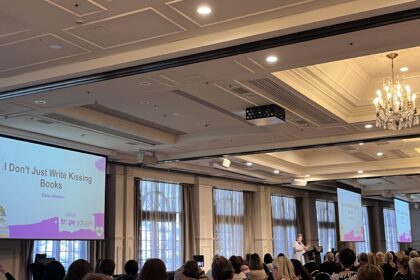
Yes. I was surprised with this statistic also. Readership is growing and Elana Johnson had it down pat with ‘I don’t just write kissing books’.
Romance isn’t just about the kissing and sex. Okay, so the steamy stuff definitely is, but there are also stories of hope, redemption, growth and friendship.
Why is romance so popular? It’s a form of escapism. Especially now, with a cost of living crisis, people want stories of hope and love, and romance authors provide that in huge quantities.
Which begs the question: Is there too much romance around? Hell no. Romance readers are voracious. Some read a week, others a book or two a day. Yes, I know, that’s a lot of books.
So if you want to write romance (or any other genre for that matter), go for it. You never know when your next reader will come from.
4. Writing may be solitary but success in writing is built around having a supportive community of readers and writer friends
Being a writer can be lonely unless you’re doing a lot of collaborations. Even so, when you’re actually sitting down to write, you’re on your own, and that can mean hours of solitary work. It’s easy to fall into a trap of second guessing yourself. Having an author community is a great way to stay sane, keep yourself accountable, and have others to bounce ideas off.
It’s nice to have champions too. You know, those people in your corner who understand what you do and support you wholeheartedly.
This was something I noticed at the conference which I thought was lovely and I hope to build my own community like that one day. There were groups of writers who knew each other well and were friends, either because they met at writer groups or they had attended the conferences in previous years.
It’s vital to build a community with like-minded writers. You don’t all have to write or even read in the same genre, but you do have to respect each other and support each other in different ways whether it’s to bounce ideas off one another, speak about your wins and woes, get some words of encouragement, or anything and everything in between.
5. The RWAus Community is growing, it’s supportive, and it’s inclusive
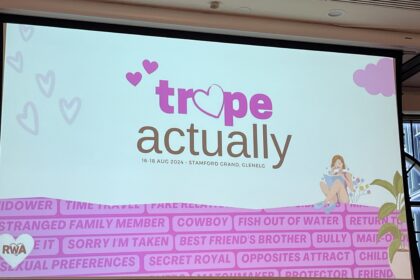
Apparently, there was a record newbie attendance, and as a newbie myself, I have to say that the RWAus 2024 members were wonderful, welcoming and inclusive.. Not once did I feel like I didn’t belong a the conference or that I wasn’t welcome because I wasn’t traditionally published or sold a gazillion independent books.
Sitting around the tables, most of the authors in attendance were lovely and chatty and seemed like fun. I just wish I put in a little bit more effort in networking. It’s definitely something I want to work on next year. It’d be great to have writer friends all around the country and the only way to do that is to get out there and talk to people.
One of the things I wanted to do is check out the books of the authors that I found myself sitting with. As my memory for names and book titles is shocking, I shouldn’t have been surprised that at one point when I looked up an author to buy their book, it turned out that I had actually already read them all! I did pick a few new author names to extend my ‘want to read’ pile.
6. You need to take ownership of connecting with other writers
The only way to actually meet people is to make the effort yourself.
By default, a lot of writers are introverts. Not all, but a lot. Going to a conference can be overwhelming and exhausting, but if you want to network and build relationships, you have to be willing to make the first move.
Make the effort to talk with new people. You never know who you will meet, the friends and connections you’ll make, and what you’ll learn.
My biggest regret from the conference is not speaking up more. I love talking to people and making new connections, but it doesn’t come naturally to me. I have to think about what I say before hand and more often than not, my natural instinct is to sit quietly and observe – although I usually regret it afterwards. I was actually surprised that at the cocktail party I went up to a few random people and started chatting, and you know what, I wasn’t set on fire or ignored’, I was greeted with warmth and conversation.
People like conversation. We are social beings regardless of whether we are introverted or extroverted.
So next time you’re at a conference, make an effort to chat to others. The person sitting next to you staring into their phone might just be that introvert who wants to talk but is really worried about making the first move. It’s almost like being on a first date…
7. There is money to be made in independent, traditional, and hybrid publishing
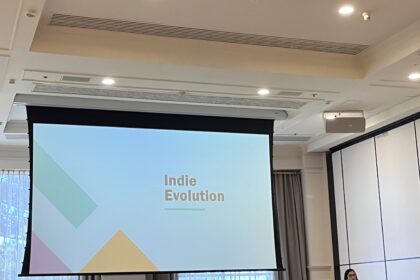
The RWAus 2024 conference was packed with many successful authors. How do I know that? Well, all I had to do was search the author names on Amazon and see their book rankings.
One of my favourite moments was sitting in on the ‘Indie Evolution‘ session with Anna Hackett, a seven-figure independently published author. Yes, seven figures, go and put seven figures into a calculator if you have to.
There were many Mills and Boon authors who write lots of books. If you’re writing several books a year, then it’s highly likely that you are making good coin.
It’s not all about the money (but money helps us pay the bills), it was nice to discover that Australian authors are financially successful thanks to their amazing books.
Whether you want to go the traditional route, the indie path, or a combination of the two with hybrid, the possibilities are endless. Yes, you can make a living with your writing.
8. You have to get the basics (the foundation) in working order to expand your writing business
One of my favourite sessions was listening to Anna Hackett, the ultra-successful Australian independent author of romantic suspense, alien romance, and contemporary romance, I mentioned above. This amazing lady writes 10 books a year and sells A LOT of books. Just check out her rankings on Amazon if you don’t believe me, and her books have great reviews.
What are the basics? Glad you asked. Anna’s tips were to focus on Website, Newsletter, Story, Cover, Consistency. Get those things right and you can build a successful author business, whatever that may mean for you.
So in other words, write the best damn book you can, put a delicious cover on it, have a website that is eye catching with a link to a regular newsletter, and be consistent with your output so that your readers know what to expect.
I’m definitely going back to the drawing board and working on enhancing those basics. How about you?
9. We all suffer from imposter syndrome at one stage or another
Success doesn’t always equal confidence. Okay so the ultra-successful might be, but most of us mere mortals do suffer from imposter syndrome and self doubt to some degree. Every author has wondered at one point or another whether their book was good enough or get another idea to write the next one. It’s a natural part of the author life irrespective of where you are on your author journey.
The truth is there will always be someone who is smarter or more successful than we are. We may enter a room and feel out of our depth but we aren’t the only ones, and the only way to overcome this is to take a leap of faith and take that first step. Show up, participate, converse. Then do it again, and again, and again.
10. There is no one way to write, publish, and sell your books
Sit three authors at a table for a group chat and you’re going to find that each one has their own writing process. Some are planners, some pantsers, while others do a bit of both or something in between.
The same goes for publishing. There are those who are finding success in the independent space, then others who have hit it off with traditional, and those who like to go hybrid.
Selling is another one, some find success in ads, others word of mouth, and then there are those who have left it to their publisher.
Find what works for you, then go for it. If you need to change course down the line, that’s fine too.
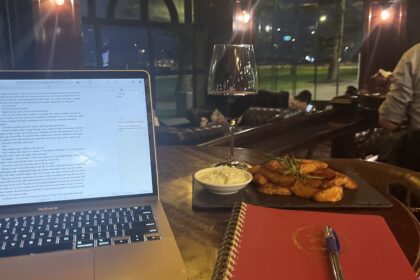
It was lovely to see successful traditional authors sitting down to listen to the ins and outs of independent publishing and vice versa. We all still have something to learn. The industry is constantly evolving and if we don’t learn and adapt, we will be left behind.
The only way to stay in the game is to continue broadening our horizons, picking up new skills, and trying new things, and being an author provides much opportunity for learning and growth.
While by the end of the conference I was exhausted, I was also energised and ready to tackle my writing goals and implementing all the tips I got out of the conference. Writing is definitely what I want to continue pursuing while growing my author and reader community.
